More shattered promises than a bad reality dating show – behind every new SEO client is a string of previous agencies who have broken their trust. But, while there are certainly some companies to avoid, sometimes a bad experience can be down to something as simple as mismatched expectations.
A lack of clarity around SEO is a big part of this. It’s a sector that didn’t exist 30 years ago, and there is no set route to, or guarantee of, success – all of which lends itself perfectly to misunderstandings.
Add to this the usual factors that can make any business partnership fail, from an absence of clear objectives to a culture mismatch, and it becomes all the more important to choose the right SEO company for you. Here are our tips.
Be clear what you’re looking to achieve
When you don’t have clear priorities, or don’t communicate those priorities to your agency, you’re unlikely to achieve them. A common scenario is for the focus to change every time the board turns their attention to a particular area. Often this means abandoning the foundations that had been put in place and beginning somewhere else, which can result in noticeable time passing without any noticeable results – not great for either party.
Don’t worry about specific marketing channels and their KPIs – instead, focus on what you want from them, for example more brand awareness or better quality leads. Sometimes a client thinks they want to be in position one for certain keywords but actually it turns out they simply want more business, and for them there may be better ways to achieve that.
Do your values align?
If one of you is looking to get rich quick and wing it along the way, while the other takes a more cautious approach for long term success, it’s probably not going to end well.
For example, if a company approaches us looking for some quick wins or click-bait headlines, we’re probably not the right fit for them. That’s not to say what they’re doing is wrong – if they understand the risks involved and are happy to take a gamble, they’re best off with an agency with a similar mindset.
Look at their experience
Because there are no real barriers to entry in a sector like SEO, naturally there are a higher number of rogue traders operating. Unlike other industries, you don’t need a license, a big investment in equipment, or even an office. There’s nothing to stop an SEO exec with two years’ experience setting up a credible looking SEO ‘agency’ from their own living room, and this is why you need to get good at separating the good from the bad from the plain ugly.
Look at how long they’ve been in business, and check they can back it up. Consider the experience of its employees too. If the business owner has 20 years’ experience but almost everyone working for them is fresh out of college, you aren’t likely to see much from that 20 years.
Look at their results
The only real way to measure an agency’s success is to look at their clients’ results. A good agency should be able to provide you with examples of campaigns or technical work they’ve carried out for other clients and the impact it’s had. Even if they don’t have glossy case studies on their website (ours are coming, don’t panic), they should at least be able to point you towards some previous content or coverage.
Speak to their clients
Better yet, don’t take the agency’s word for it, speak to their current, or even former, clients. It’s easy to frame things a certain way on your own website, but speaking with third parties who have nothing to gain from giving their honest opinion is more likely to give you the truth.
Read their blogs
A less obvious tip, but still worthwhile. Scanning a few blogs from different people within the agency can help you get a feel for two things: how much they know (or don’t know!) and their opinions / approach. You’ll likely find out pretty quickly if they aren’t the right fit.
How do they work?
A really important part of compatibility is finding processes and working patterns that complement each other. If you’re a large organisation in a tightly regulated space you’ll need an agency that understands that and can be flexible with deadlines.
Be sure to communicate your preferences early on. If you’d rather communicate by phone than email, say that. If you prefer to share ideas then take a step back, make that known. That way everyone can make decisions accordingly and there’ll be no awkward surprises later down the line.
Do you get along?
In the midst of trying to choose the best SEO company, it’s easy to forget that this is supposed to be enjoyable! You’re going to be working closely together and if everyone gets along you’ll get the most out of people while also having a pleasant time doing it. Try to meet in person or at least via video call with the people you will be working directly with, prior to making a decision.
Ask them questions
Make the most of this time to ask as many questions as you can. That could be something central like the experience they have in your sector, or something more niche like their views on disavowing links, but the more you talk the more you’ll get an understanding for what they know, how they work and if you’ll be a good fit.
See what they ask you
Just as important is what they ask you. They should be finding out what your objectives are, your expectations, what marketing you already undertake. They should be asking who your customers are and how you win them. If you notice that this isn’t happening despite conversations progressing, it could be a red flag.
How do they measure results?
Different businesses have different reporting requirements. If you own your business, are directly involved in marketing, and comfortable using platforms like GA4, you’re probably going into this less concerned about monthly reports than someone frequently updating the board, having to take various metrics into account.
Choosing the best SEO company for you
Remember, it’s less about the best agency and more about the right agency for you.
If you follow this advice, hopefully you won’t go too far wrong, but it also makes sense to avoid getting tied into lengthy contracts just in case! A decent agency is unlikely to want – or need – to trap in a client who wants out for a further six or twelve months.

